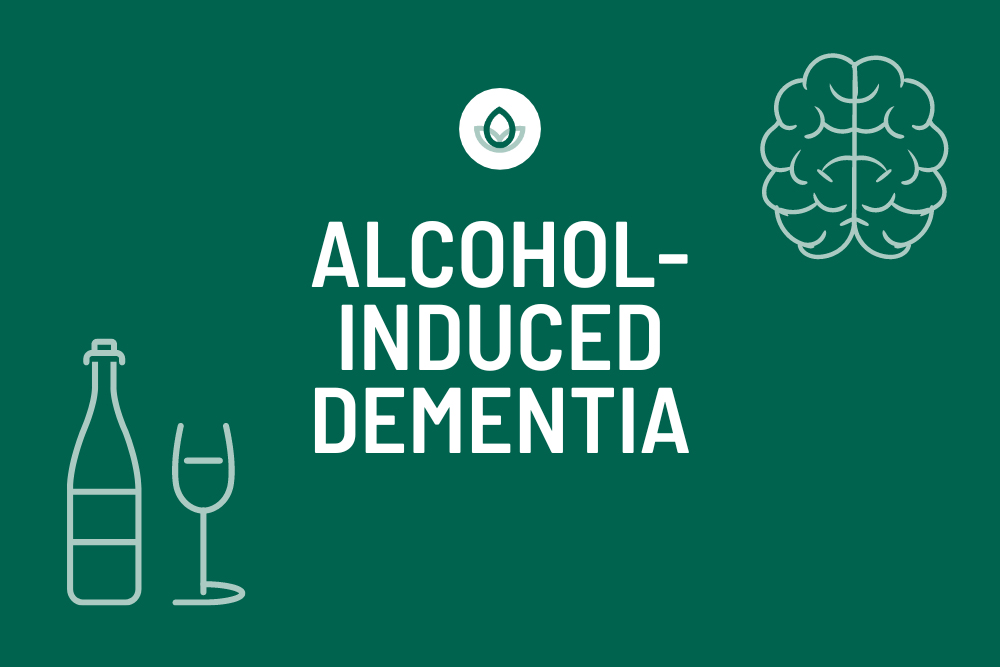Your memory is a core part of your personality, self-image, and relationships, so thinking about a future where you might someday forget your loved ones and lose your independence can be terrifying. If you regularly drink to excess, you should be aware that brain damage, such as alcoholic dementia, is a potential consequence of a substance use disorder.
How Does Alcohol Damage the Brain?
Almost half the brain’s volume is white matter, a densely packed network of neurons that help transmit signals between different brain regions. While white matter naturally declines with age, researchers have found that long-term, heavy drinking is more likely to accelerate this process, which can dramatically disrupt typical mental function. The effects of alcohol-related brain damage, including alcoholic dementia, typically set in at a younger age than when most people receive a diagnosis of Alzheimer’s disease.
Over time, drinking alcohol can also cause various nutrient deficiencies, including a lack of an essential B vitamin called thiamine. The result of insufficient thiamine is a condition called wet brain, which consists of two overlapping disorders.
- Wernicke encephalopathy involves confusion, discoordination, and vision changes such as involuntary eye movement. People in this stage of wet brain may experience chronic fatigue and need help standing and walking.
- Korsakoff syndrome, also known as alcoholic dementia, causes amnesia, hallucinations, behavioral changes, and bewildering memory loss.
Though some people with alcohol-related brain damage only experience mild cognitive impairment, alcoholic dementia can severely disrupt your thought processes and daily tasks. Without treatment, Wernicke-Korsakoff syndrome will gradually worsen, leading to permanent memory loss and a shorter lifespan.
Recovering From Alcoholic Dementia
Addiction occurs when your brain’s pleasure and reward centers adapt to the presence of alcohol and drugs. As your tolerance grows, it will become increasingly harder to derive pleasure from formerly enjoyable hobbies, and your relationships will start suffering. Eventually, a substance use disorder can take over every aspect of your life, including your physical and mental health.
Fortunately, brain plasticity means it is possible to reverse some of the damage caused by alcohol abuse. The same principles that hardwired self-destructive patterns into your life can help you learn new ones. Thanks to neuroplasticity, you can retrain your brain to overcome addiction and heal from alcoholic dementia.
Take the First Step Toward a Sober Lifestyle
At Lakeside-Milam Recovery Centers, we provide evidence-based treatment to help people overcome the disease of addiction. Our nationally recognized clinical program has achieved the highest level of accreditation from CARF, and we have helped more than 100,000 clients start on their path to healing and wellness. Since our founding in 1983, we have evolved to become the largest private provider of alcohol and drug treatment in the western United States, with multiple locations across the state of Washington.
To receive a complimentary drug and alcohol evaluation from our expert providers, take the first step and start a conversation with us today. A member of our admissions team will walk you through your options for getting help, answer all your questions, and address any concerns you might have.






